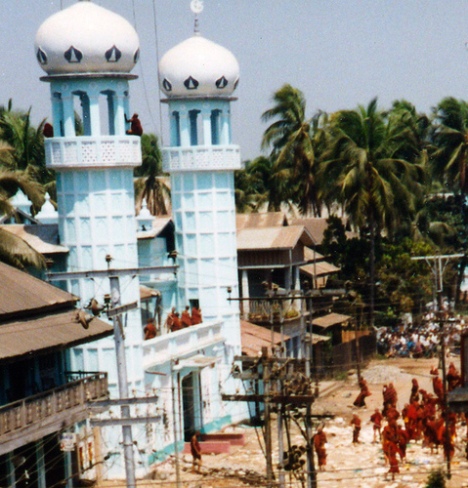What was I sent here (as an Indian) for ?
Natalie Shobana Ambrose | in Malaysiakini
Please read my heartfelt feelings, written below, after reading this article_
Persian poet Jalal ad-Din Muhammad Balkhi (fondly know as Rumi) wrote, “The human being therefore has come into the world for a specific purpose and aim. If one does not fulfil that purpose, one has done nothing.
When I was younger I remember wishing so hard that I wasn’t Indian. Many times I’d ask my mother if I looked like I was of mixed parentage – my mother’s straight to the point answer ‘Of course you look Indian. What else would you look like? Both your parents are Indian. ‘
Much to my disappointment, without a shadow of doubt – I was Indian. My attempts to not stand in the sun didn’t help me on the fairness graph either.
It wasn’t that I didn’t like the way I looked or my inherited ability to roll my ‘r’s’. I just didn’t want to be Indian because of the stigma of being Indian.
To me, being Indian meant that we were not the brightest lot, we were poor, didn’t have much of a future and enjoyed fraternizing around coconut trees singing songs to our heart’s content.
But that wasn’t me. I refused to be defined by society’s perception of Indians.
No matter how hard I tried not to be Indian, I was derogatorily called Tangachi (literally, little sister, but often denoting, cutie or ah-moi) and would be teased by students of other races attempting to speak Tamil (something only fellow Indians would understand).
I grew up not seeing Indians on TV unless on the news, – usually at a crime scene – and I grew up listening to radio adverts mocking the Indian accent. Surrounded by all these observations, who in their right mind would want to be Indian?
Anything but Indian I pleaded. Anything! It must have been quite an amusing sight but an even more common sight in today’s Malaysia.
I’ve grown up since then, and fully embrace my Indian heritage. But what about society?
Of course the likes of Aishwarya Rai and Shilpa Shetty, the glamorization of Bollywood moves and movies has helped in the acceptance of being Indian. But what does it mean to be a Malaysian Indian?
Always #3
Am I, Malaysian first and Indian second? Or am I, Indian first and Malaysian second?
The reality of living in Malaysia means that we are defined by race. Every application form we fill subjects us to define ourselves by race and the Indian box is always at its highest position at number 3.
It didn’t matter that my parents raised their children to believe that we could be anything we wanted to if we really wanted to, because society dictated otherwise and the law makes sure we remember our ‘standing’ in the country. Always #3, nothing more.
I remember clearly being defined by race from a very young age. I remember while in primary school, my class teacher (who I thought was a very nice Malay lady) told the whole class that I looked like her maid.
Not a very clued-in child, I thought, well her maid must be very pretty. Little did I realise what had just happened. Of course, when I got home and spoke of my day to my mother this compliment turned into the bitter reality of class-fuelled racism. I had been indirectly told I was #3 in the scheme of things!
I never understood what I had done for someone whom I respected – and my teacher of all people – to treat me in such a manner.
In a perfect world, we would not see colour, but the reality is we do see colour and we interpret and place judgments – good or bad based on our biases, socialization and upbringing.
Maybe if we acknowledged that racism does exist in us, we might be better able to address it. It is a bit of a radical idea in harmonious unified Malaysia, but we all are biased to a certain extent. It’s just that some people are able to conceal it better than others – but it that doesn’t mean it doesn’t’ exist.
I’m not advocating racism, in fact the opposite. I’m looking for a solution. The first step to any recovery is acknowledging the problem, – if not what are we trying to fix?
We may have different likes and beliefs – but when does a preference become racism?
I believe it is when a sales person refuses to let you try on a dress because he thinks you can’t afford it. It is when a quota system limits you to the right of an education of your choice. Or when a job advertisement specifies what race, age and gender you should be before you can even apply.
It is when scholarships are limited by race and not test scores, it is when you have to pay more for the same house your neighbour has – on top of paying for your child’s education because there weren’t spaces left for your race in the public tertiary education system.
How then are we to love our neighbours?
When life is defined and limited to race, problems arise. When people are suppressed, repressed, bullied and forced to be voiceless a country suffers.
For today, we, as a nation may look well, but will Malaysia have a multicultural society to brag about in twenty years to come or would we have to scour foreign lands for sightings of Malaysians?
Tolerating one another
As a nation, our greatest asset is the fact that we are a multicultural people, and as the travel brochures would say ‘living in harmony with one another’. Or, as the Tourism Malaysia ad says, Malaysia – Truly Asia!
Somehow it has become a song we sing rather than a reality we practice. In many ways, it should read Tolerating One Another. After all that is what we do best – tolerate.
The very word advocates hatred. We should not have to put up with each other, rather we should embrace one another and strive to understand each other better …. not looking at race or religion.
The only way to do this is to spend time with each other instead of allowing our prejudice to distance us from one another.
It sounds very much like my moral classes back in the day. Maybe we should all hold hands and sing Kum-Ba-Yah or Rasa Sayang and sit around a bonfire and magically we will be transformed.
A huge part of me wishes I hadn’t spent all those years trying so hard not to be Indian. But an even bigger part of me hopes that young Indian children don’t feel like they have to apologize for being an Indian in Malaysia – for this is the only country they can call home.
Have migration enquiries to other countries increased in the last six months? I don’t think we need statistics to confirm it. As a young Indian living in Malaysia, why wouldn’t I embrace a country that allows me to be the best I can be without penalizing me for my race? As I ponder on RÅ«mÄ«’s words, I wonder to myself, will Malaysia allow me to fulfil my purpose or will I stay and achieve nothing.
Please read my feelings after reading the above article_
All the Indians and mixed blooded Indians are sufferring in Myanmar.
You still have here_
Indian MP, Indian Minister, IndianDeputy Minister, Indian Political secretries, Indian opposition leaders, Indian Judges, Indian Military officers, Indian Police Officers, Indian Ambasadors, Indian Immigration Officers – – -e.t.c.
You still have here_
Indian schools, Indian TV Channel, Indian Newspapers, Indian Radio Stations, Indian Journals, Indian Magazines, Indian Movie Theatre- – -e.t.c.
But in our Myanmar or Burma, sadly NON of the above could be found.
If your face have Indian features, dark skin, sharp nose, beard (shaved or not), whether you are Hindi or Muslim or Christian you are discriminated at each and every corner you turn!
Myanmar Military rulers are labeling all the Indians as guest citizens, ‘Kala’ or mixed blooded persons or not pure citizens. That, however, could not make us, or people like us, to become non Burmese Citizens. We are Burmese citizens no matter how some might disagree, or wish otherwise or decreed by force. Whether mixed blooded or not is not important in the eyes of the whole world but SPDC could not deny our right of 100% pure Burmese citizenship!
We, and all the other persons like us, not just those Indians, Chinese, Bengalis or Pakistanis although we are undeniably mixed blooded immigrants’ children or descendants of immigrants, but we are now full Burmese Citizens. No matter what some like SPDC racists or their cohorts might say contrary.
Our great grand parents and all the ancestors were loyal citizens of Burma and all of them were and are holding the Burmese National Registration Cards or ‘Ah Myo Thar Mhat Pone Tin Cards’. My brothers and sisters’ family members are holding those Burmese National Registration Cards but now the SPDC Apartheid Régime had ordered to issue the differently formatted cards for their younger children. It is curious when the parents and elder brothers and sisters are the same citizens as our Burmese Buddhists at least on paper but now only their youngest children are blatantly or brazenly discriminated as different from others and their own elder siblings.
This racial discrimination is practiced on not only Muslims but on Chinese and Hindis. SPDC National Registration officers decreed that if any one is not pure Burmese Buddhist, could not claim to be pure blood and all the Burmese Muslims must be recorded as mixed blooded persons. Whether correct or not, know or not, must be enlisted as mixed blooded Indian, Pakistan or Bengali. So it is blatant Racial Discrimination or openly practicing Apartheid practice of SPDC Junta.
We believe that no one has that right to practice the issuing of Apartheid certificate or new type of Registration different from other citizens to us. By doing so, SPDC is clearly starting to commit a Genocide offence.
We wonder how that single document would change their dreams or what would be their vision of their world or Myanmar excluding them or shutting out all of them from all the opportunities. It is our children’s turning points of their lives. SPDC ruthlessly had shown them who they are, why and how they are not welcomed in Burma/Myanmar. As our children journey into an uncertain future, they will struggle and grapple with their sense of their rightful place in this Myanmar nation.
The constant emphasis on differences by the narrow minded SPDC apartheid racists who could not see value in these children prevent them from seeing them as anything other than Burmese Citizens.
Our country’s diversity makes us who we are and what we are today. And though we Burmese Indian Muslims, Burmese Hindus, Burmese Indian Christians may be different but we all are almost completely burmanized culturally but I am sure when we dream we dream as Burmese only because we know Burmese, we love Burmese, and Burmese only is in our heart and mind.
Successive Burmese Kings had accepted us as their loyal subjects or citizens, after Independence U Nu’s government had accepted us. And General Aung San had even promised us: “I want to address the Indians and Chinese residing in this country. We have no bitterness, no ill will for them, or for that matter for any race and nationality in the world. If they choose to join us, we will welcome them as our own brethren. The welfare of all people of this country irrespective of race or religion has always been the one purpose that I have set out to fulfill. In fact it is my life’s mission.”
But sadly those illegitimate illegal SPDC Régime is practicing Apartheid committing the Genocide on all of us.
I could guarantee to all of our Burmese friends that we are all Burmese in our heart and we have no intention or imagination to even support the foreign countries believed to be the homeland of our ancient ancestors even if Burma is at war with them!
Please give back our children at least a chance to dream. Please do not shut off their future.
Filed under: Bangladesh, Bengal, Blogging, British Colony, Burma, Burmese, Burmese History, Burmese Indian Muslims, Burmese Kings, Burmese Muslims, Burmese Way to Democracy, Corruption, Crimes against Humanity, culture, Democracy, Human Rights, India, Indians | Tagged: Apartheid system, Burmese Indian Muslims, Burmese Indians, Indians, Kala, Racial Discrimination, SPDC, SPDC Apartheid Régime, Tatmadaw | Leave a comment »






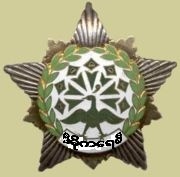

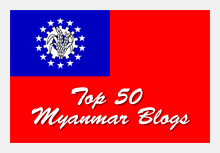
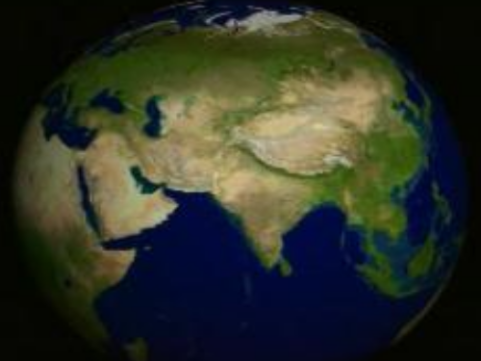

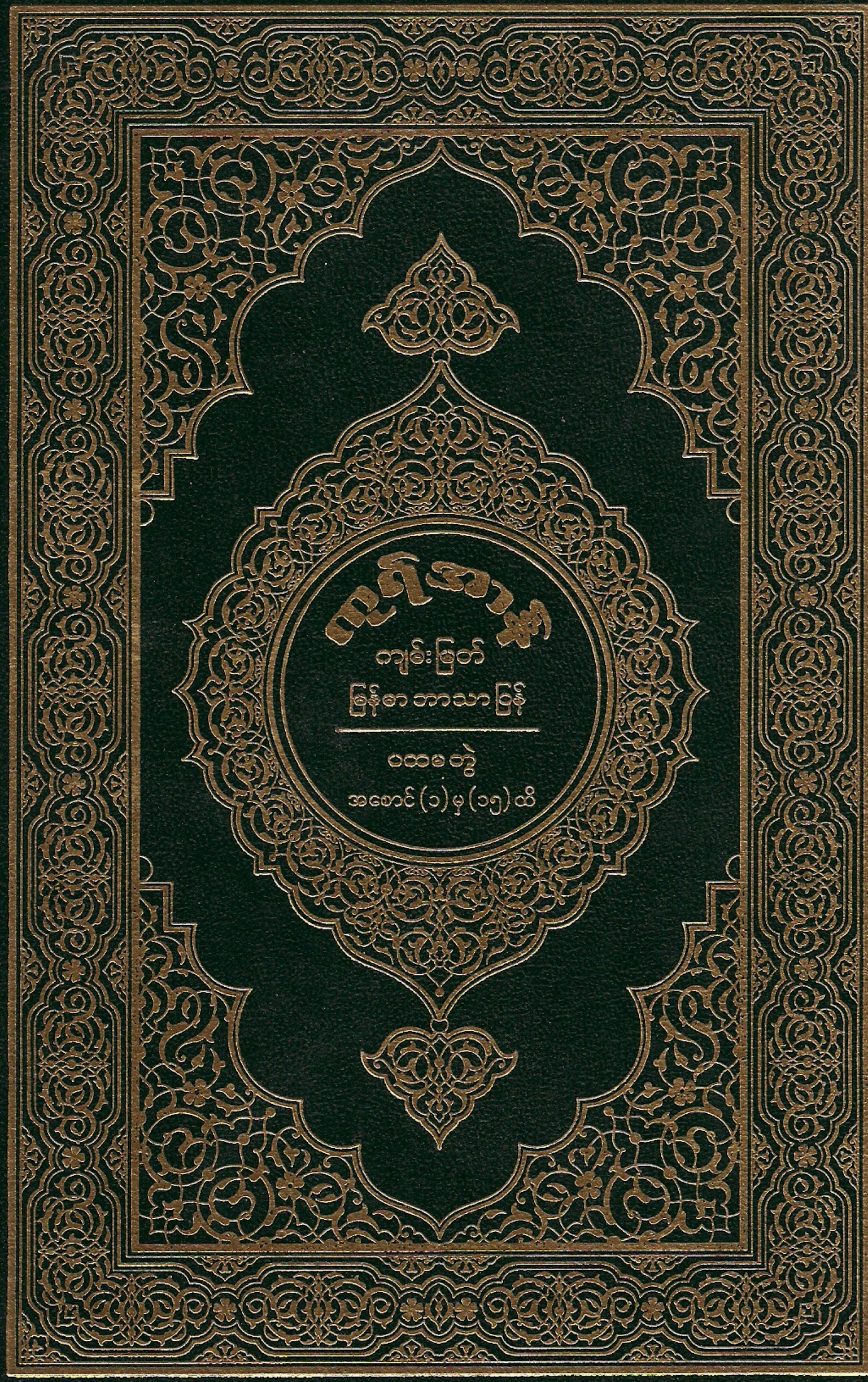
+(Small).jpg)
